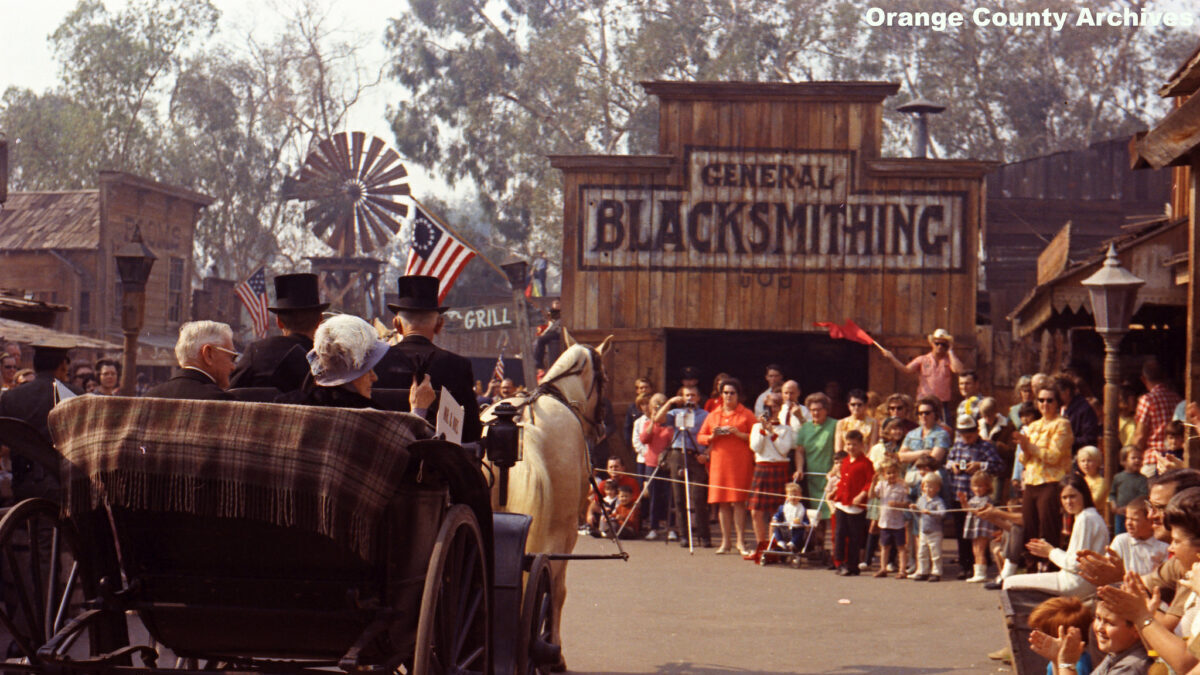There’s a college reunion this week. Not an official one; but friends from the same fraternity gathering from around the country to catch up, drink beers and meet the new guys.
It’s a silly thing, of course, but special nonetheless: walking down to the softball field for the student/alumni game; seeing old friends, their kids and wives; watching the young guys in old shirts that have been passed down since you were in school; shaking hands with the old-timers who’ve been coming for decades.
It’s the continuation, really; being part of something older and bigger than yourself, even if just a fraternity. The black-and-white pictures of the gang from the ’50s, the Polaroids from the ’70s and ’80s; stories of ancient hijinks, but also updates on where people are now.
The impact on the active brothers is real, too: seeing older versions of themselves — men who are now lead detectives, senior officers in the Pentagon, or successful in business, law and journalism — who still care enough to come out, and even lend a hand with jobs or advice.
But from March 2020 through August 2021 — 17 long months — the university campus was closed. Barely a semester passed before Omicron panic closed the campus another month. A lot changes in that time.
This weekend, when students and a smattering of alumni come together, it will be the first time they’ve gathered since spring 2019. The only active members who retain any living memory of helping to orchestrate the weekend will now be seniors. They’ve got a good day planned, but the strain of those lost years will show for the simple reason that they didn’t grow up in it.
A Broken Chain
This is just a fraternity story; one small celebration for a small subset of people. An important one to that small group (a tradition unbroken, until 2020, since the Korean War), but one the vast majority of us might be casually indifferent toward.
But it’s not the only one. It’s one of many hundreds of thousands of gatherings, celebrations, traditions, and obligations interrupted by two years of international panic. As much as our economy and our politics have suffered, so too has our collective social experience — and with it, our very culture.
While viewed from a distance the culture seems hearty and enduring, a closer examination shows what appears firm stuff is actually the culmination of many millions of small, fragile things: Sundays in church and weekends with grandma, spring dances and fall football, family reunions and neighborhood cookouts, company parties and school reunions.
Towns and families across the country have been affected differently. While major cities often languished under severe restrictions for years, suburbs just outside had returned to normal. But while it might be tempting for those who were spared the most draconian restrictions to dismiss the complaints of our distant neighbors whose little traditions were broken, the sad truth is the cracks affect us all.
When my grandfather first instituted our annual family gatherings in the 1960s, a firm rule was it must always be the same week in the same location. Things changed around us — sand dunes turned into high-rises as an American beach town grew into a sometimes-grimy vacation city — but we didn’t change, because generation after generation returned every single year.
He made the rule because he understood just how delicate tradition is. An annual reunion like his must be at a time well known to all his seven sons (and their families), as well as at a place well known to them. With these guidelines, reasons for missing would be rare, meaning every year new memories would be made — and added — to the tradition itself.
A break in the chain — a new and exotic place, a new time or season (never mind a year in which the reunion was foregone) — might mean a fun week, but would also necessarily mean this person or that would be unable to join. It’s hard enough to keep a family together; without set and firm rituals, it’s impossible.
These are the things that set the annual apart from the one-off — the yearly gathering from the never-realized promise among friends to “get together again sometime next year!”
And lockdowns are the things that break the annual. Every year lost tears at what once was. Maybe next year your brother’s job will keep him tied down or the kids will get older and have sports; maybe he’ll have to “see you next year” — when his kids and yours are more distant; when the reunion seems a one-off, rather than a tradition. You might be close to your brother and his family, but if you don’t show it, it won’t be passed down.
Annual concerts and plays; town festivals and parades; neighborhood block parties: It only takes that one person who kept the tradition alive to give up and move on before they’re gone. Celebrities, politicians and bureaucrats said it was fine to miss this Christmas or that graduation, this wedding or that funeral, but the cumulative effect was erosion of culture.
Sure, erosion occurs naturally all the time — but rarely like these past two years. And sure, we’ve faced disruptions before; in wartime, for example. But just as it was then, with the benefit of hindsight, we can see so clearly what was changed — and what was lost.
And make no mistake: Tradition broken is culture lost. Attempts to regain it can be fun, but with rare exceptions are mere re-enactments. “Tradition,” the composer Gustav Mahler said, “is not the worship of ashes, but the preservation of fire.”
There’s no reason to care about a college reunion, or some brother’s busy schedule. These sorts of mundane things, you might say, fall below what Mahler spoke of. But what is our culture — high and low, public and familial — but a delicate tradition that needs careful tending?
And what have we spent the past two years doing, if not putting out those flames?









